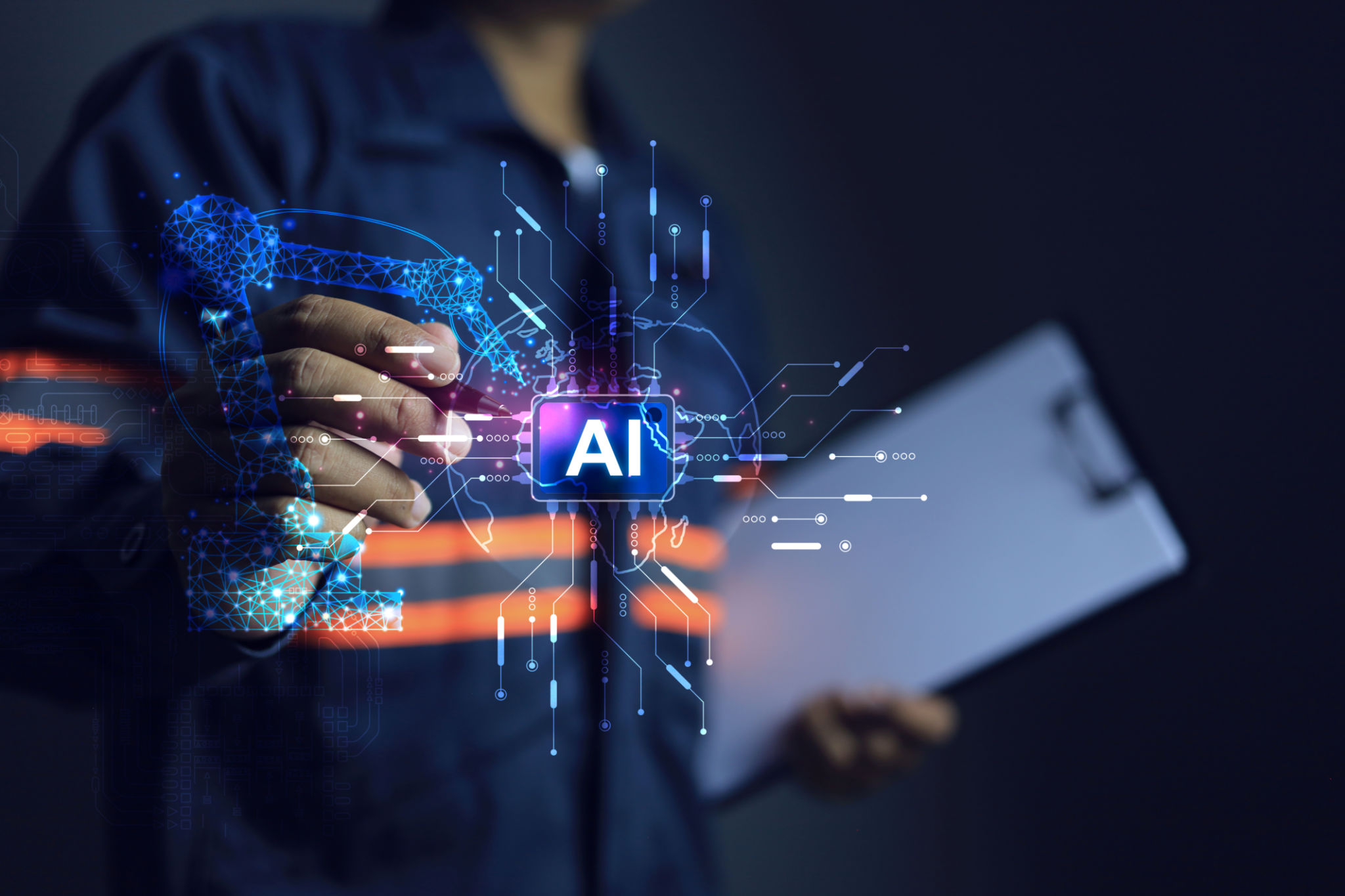AI in Manufacturing: Boosting Efficiency and Innovation
Introduction: The Rise of AI in Manufacturing
The integration of Artificial Intelligence (AI) in manufacturing is revolutionizing the industry by enhancing efficiency and fostering innovation. From optimizing production processes to ensuring quality control, AI is paving the way for smarter factories and more sustainable practices. As manufacturers embrace digital transformation, the role of AI becomes even more critical, offering a competitive edge in a rapidly evolving market.

Enhancing Production Efficiency
AI technologies such as machine learning and predictive analytics are instrumental in streamlining production processes. By analyzing vast amounts of data, AI systems can identify patterns and predict potential equipment failures before they occur. This proactive approach minimizes downtime, reduces maintenance costs, and enhances overall operational efficiency.
Moreover, AI-driven automation allows for more precise control over manufacturing processes. Automated systems can adjust parameters in real-time to optimize production output, ensuring consistent product quality and reducing waste. This level of precision leads to increased productivity and cost savings for manufacturers.
Quality Control and Assurance
Quality control is crucial in manufacturing, and AI plays a significant role in maintaining high standards. Advanced AI algorithms can detect defects in products by analyzing images and comparing them to predefined quality benchmarks. This automated inspection process is faster and more accurate than traditional manual methods, ensuring that only products meeting strict quality criteria reach the market.

In addition to defect detection, AI can also analyze historical production data to identify trends and potential causes of quality issues. This insight allows manufacturers to implement corrective measures promptly, preventing future defects and improving overall product reliability.
Driving Innovation with AI
Beyond efficiency and quality control, AI is a catalyst for innovation in manufacturing. By harnessing the power of data analytics and machine learning, manufacturers can develop new products and processes that meet changing consumer demands. AI-driven insights enable companies to experiment with novel materials, designs, and production techniques, leading to groundbreaking innovations.
Furthermore, AI facilitates collaboration across different departments within a manufacturing organization. By providing a unified platform for data sharing and analysis, AI encourages cross-functional teams to work together more effectively, fostering a culture of continuous improvement and creativity.

The Future of AI in Manufacturing
As AI technology continues to evolve, its impact on manufacturing will only grow stronger. The introduction of advanced robotics, the Internet of Things (IoT), and digital twins are just a few examples of how AI will shape the future of the industry. These technologies promise to further enhance efficiency, enable predictive maintenance, and create more flexible production environments.
Manufacturers who invest in AI now will be well-positioned to capitalize on these advancements, staying ahead of the competition and meeting the ever-increasing demands of the global market.
Conclusion: Embracing the AI Revolution
The integration of AI in manufacturing is not just a trend but a necessity for companies aiming to thrive in the modern industrial landscape. By boosting efficiency, ensuring product quality, and driving innovation, AI is transforming the way manufacturers operate. Embracing this technology will unlock new opportunities for growth and success, setting the stage for the factories of the future.
